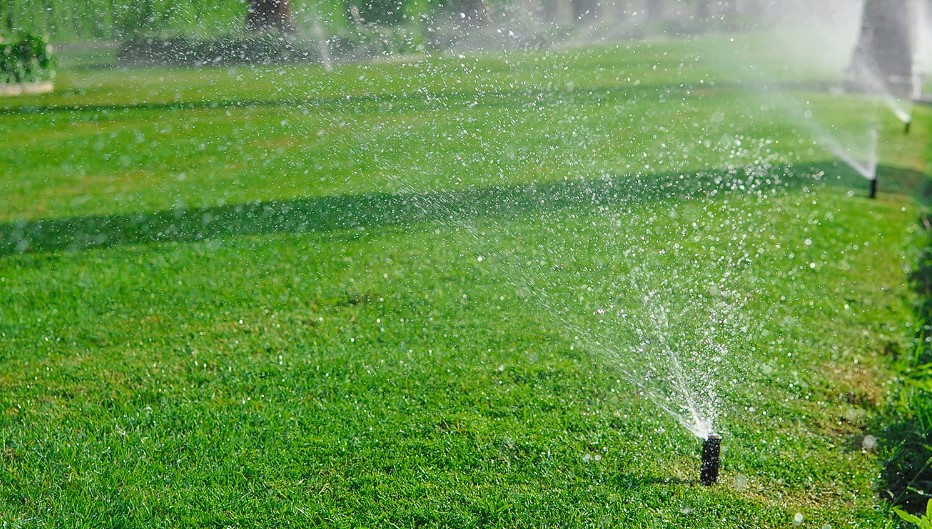
Here are a few advantages to consider if you’re looking to add a sprinkler system to your lawn. A smart sprinkler system will help you save money on water bills and may even help you protect your home from diseases and weeds. You can choose a stationary or automatic sprinkler to suit your needs.
Automatic Sprinklers May Help You Save Water.
An automatic sprinkler system may be just the ticket to save water for your lawn. These systems can reduce the amount of water used for your landscaping; the best part is that they work year-round. According to a professional irrigation St. Louis, a smart irrigation system can save your lawn from the ravages of drought while making it look lush and green. It also helps reduce outlays at the local garden center. A smart system can tell you how much water you need for each plant and when and where to water it. The smart controller can be programmed to turn off the water when it rains. Another cool feature is the rain sensor, which automatically shuts off the water when wet. This is especially handy if you’re often away from home.
Stationary Sprinklers Are Great For Small Lawns.
If you want to water a small area, such as a flower bed, a stationary sprinkler is ideal. These sprinklers can be used in a square or rectangular shape and shoot the water in a specific pattern. They can also be set to only water in one pattern, so you can water only the area you want to. However, you must purchase a stationary sprinkler with a durable metal frame. Otherwise, it can tip over if the hose breaks. Stationary sprinklers are not a good option for large lawns since they lack the power to spray the entire yard. You might want to consider installing an oscillating sprinkler. Oscillating sprinklers shoot water out in a waterfall-like pattern. The advantage of this type of sprinkler is that it’s easy to install, as well as provides gentle watering.
Drip Irrigation Systems Reduce Weeds, Fungi, And Plant Diseases.
Drip irrigation systems provide many benefits, including reduced weeds, fungi, and plant diseases. The efficiency of drip irrigation is so high that it has become one of the most popular types of irrigation. Using this system can be beneficial for both ornamental and food-producing gardens. Drip irrigation can reduce weed growth and save water when used in conjunction with other weed control methods. In addition, drip irrigation can prevent soil erosion and deliver nutrients to plants. As water prices continue to rise, growers worldwide are likely to adopt drip irrigation systems. While this type of irrigation can be expensive to install, long-term savings can be significant.
Although the use of drip irrigation may be on the increase, it is not the only water-saving strategy. For example, mulching the soil can help keep the moisture level down.
Stationary Sprinklers Can Handle A Range Of Sizes.
Depending on the size of your lawn and the amount of coverage you need, you may need to consider stationary sprinklers. These devices can easily water a small lawn, raised garden bed, or another irregularly shaped area. They are a good way to quickly and inexpensively water an area. Stationary sprinklers come in many different types. These include fixed, hose, and stream. The most common material for a lawn sprinkler is plastic, but there are other options, too. Some plastic is very thin, while others are thick and durable. Stationary sprinklers work by distributing water through several holes in the sprinkler head. This can be useful for watering a small area of grass or a raised bed, but they have little versatility.
Smart Sprinklers Reduce Water Consumption.
Smart sprinklers reduce water consumption by optimizing the amount of water a plant receives at the right time. This is done by using local weather forecasts, soil moisture levels, and other weather-related factors.
As a result, you can save a lot of water, money, and energy. The water savings are especially significant during drought years. Moreover, they improve the efficiency of your irrigation system. They also allow you to monitor the performance of your sprinklers. Some systems even connect to your smart home assistants, like Amazon’s Alexa or Google Assistant. You can also adjust your watering schedule remotely through your smartphone.
